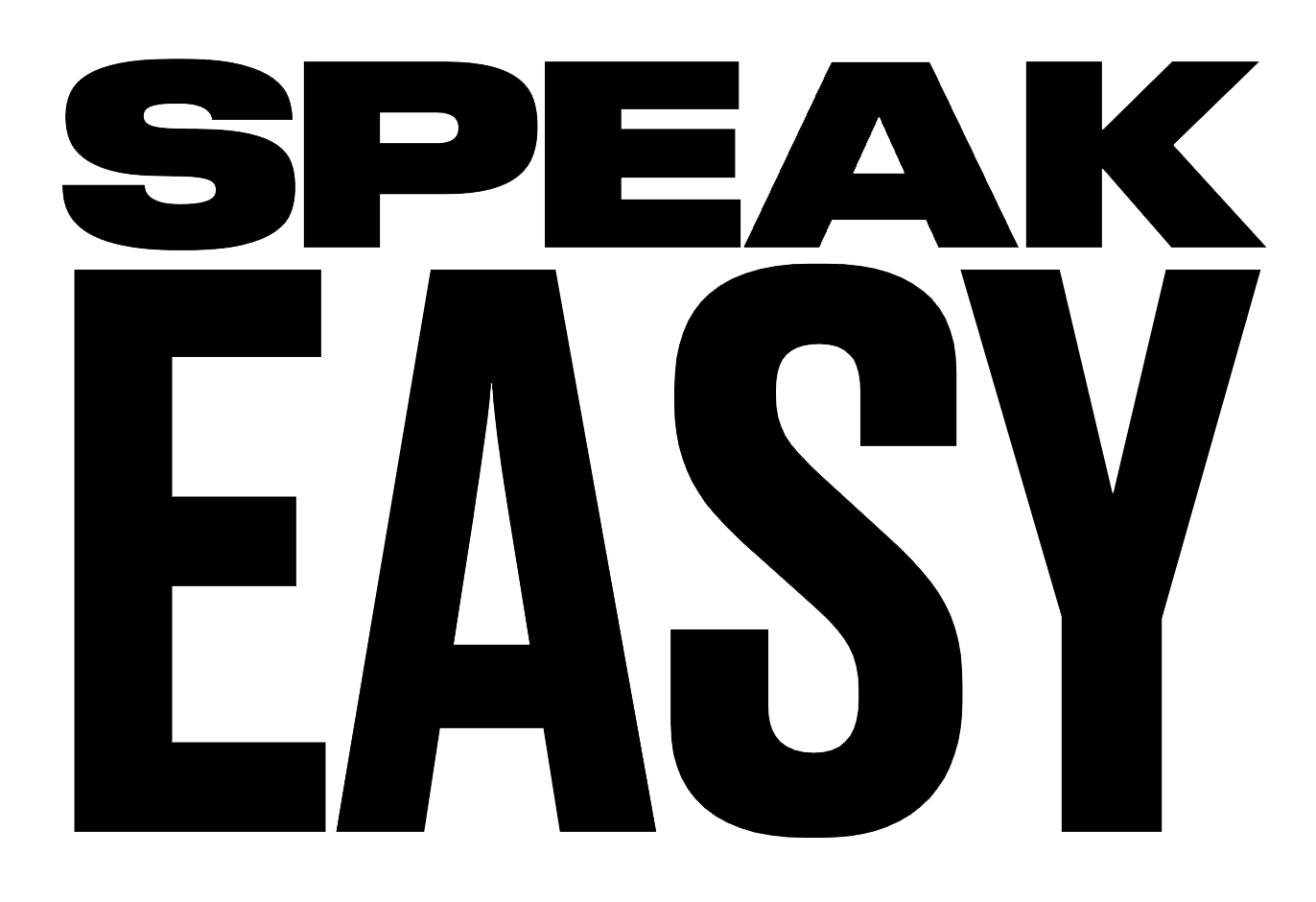Corporate Glossary
Corporate
Net New
Take your work to date, trash that and then start over. net new.
Project Management
OKR
OKR stands for Objectives and Key Results. Each OKR is composed of an objective, supported by a number of metrics (often three) to measure the objective’s success. For instance, an objective could be “Generate massive pre-launch buzz around Product X” while key results would be “500 waiting list sign-ups ahead of launch” or “200% increase […]
Corporate
Per my last email
In case you suddenly forgot how to read
Project Management
Prioritization
Prioritization involves deciding what projects or tasks have a higher urgency than others. Its frequency of use depends on the size and scale of projects — but we all prioritize every morning when we decide what we’re going to work on.
Project Management
Product management
Product management is the process by which a product goes from concept to launch. It also encompasses continuing efforts to keep a product relevant on the market after launch.
Project Management
Product manager
Product managers are often referred to as the “CEO of their product.” They take care of devising strategies, planning work, and matching a product to specific customer needs. Usually, this role is found in tech and software companies.
Project Management
Project coordinator
Project coordinators are people who do whatever needs to be done to help a team successfully deliver on a particular project. Where project managers oversee a project as a whole, project coordinators work on the minutiae, such as making sure a team has the tools it needs to succeed.
Project Management
Project management
Project management is a discipline covering the application of processes, expertise, and tools, in order to meet project goals and requirements according to a specific deadline.
Project Management
Project manager
A project manager is a person ensuring that a project is completed within budgets and deadlines. They don’t typically manage a team directly but coordinate work across multiple teams and collaborators.
Project Management
RACI charts
RACI is an acronym used to identify the roles of various people involved in a project. R = the person responsible for a project A = those accountable for the project’s outcome C = team members who must be consulted or involved in the project work I = people who need to be kept informed […]
Project Management
Retrospective
When a project ends, you can’t just jump right into the next one. Retrospectives (or retros) are a chance for the project team to come together after it ends to look at what worked well and what didn’t. It’s used to help implement changes and improve processes for future projects. Retrospection is one of the […]
Project Management
Route
Work that is complete is routed (i.e. sent) for review and feedback.
Project Management
Scope
The scope is basically the work that needs to be done in order to complete a project. You want your team members to be heavily involved in scoping a project before it begins — especially if you’re producing work for an external client. Only they know how much work will be required to complete that […]
Project Management
Scope creep
It sounds terrifying and for project managers it really is: scope creep is when your project starts to exceed its initial scope — often due to factors outside of your control. Sometimes you realize more work is needed than you initially thought. Other times you may run into unforeseen issues. But often, it’s just stakeholders […]
Project Management
Scrum
This can mean one of two things. Firstly, scrum can mean an approach to Agile project management where teams work iteratively in short sprints to make incremental changes or produce deliverables. Alternatively, scrum can also refer to a daily meeting of your team, where every person shares their tasks for the day and any roadblocks […]
Project Management
SMART goals
SMART goals are goals that follow specific characteristics according to the SMART acronym: Specific, Measurable, Achievable, Relevant, and Time-bound.
Project Management
Sprint
A sprint is the allotted time in which a task or project has to be completed. Sprints are used within the scrum project management methodology, and usually last a few weeks.
Project Management
Sprint planning
A sprint planning meeting is when a team examines a product backlog to figure out the main goals for their next sprint.
Project Management
Stakeholder
The person or group of people who are affected by the outcome or achievements of a project. You can have internal stakeholders (colleagues who initiated the project or who are affected by its outcome) and external stakeholders (typically clients).
Project Management
Statement of work
Also frequently called a SoW, the statement of work is the document that comprehensively details all deliverables expected from a project.
Corporate
Stay In Your Lane
Your ego is writing checks your body can’t cash.

